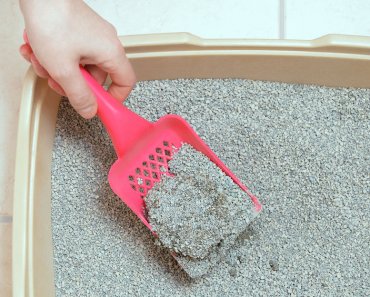February is National Pet Dental Health Month, a great time for pet parents to learn more about dog dental care. This is especially true if you have a senior at home. Like humans, senior dogs are prone to dental issues such as gum disease, tooth decay, and bad breath. Proper dental care is crucial for maintaining their overall health and well-being. Let’s talk about dental care for senior dogs, including common issues, symptoms to look for, and tips on keeping your aging pup’s teeth clean and healthy!
Importance of Dental Care for Senior Dogs
Dental care is vital for senior dogs because canines are more susceptible to dental problems as they age. Neglecting their oral health can lead to various issues, such as tooth loss, pain, and infections that can affect their quality of life. Regular dental care can prevent these problems and contribute to their overall health and longevity.
Common Dental Issues in Senior Dogs
As dogs age, they become more susceptible to various dental problems, which can cause discomfort and pain. Some of the most common dental issues in senior dogs include:
Periodontal Disease
Periodontal disease is the most prevalent dental issue in dogs, affecting around 80% of dogs over age three. This disease happens when plaque and tartar build up on the teeth, causing inflammation and infection of the gums and supporting tooth structures. In severe cases, periodontal disease can lead to tooth loss and even systemic health issues such as heart disease, kidney disease, and liver disease.
Tooth Resorption
Tooth resorption is a painful condition in which the tooth’s structure gradually loses dentin or cementum from the inside out. This process can lead to sensitivity, pain, and eventual tooth loss. Tooth resorption is more common in older dogs and may not present with obvious symptoms, so it can be challenging to diagnose.
Fractured Teeth
As dogs age, their teeth become more susceptible to fractures due to weakening enamel and natural wear and tear. Fractured teeth can be extremely painful and may require extraction or other dental procedures to alleviate discomfort.
Tooth Decay
Also known as dental caries, tooth decay happens when bacteria build up in the mouth, producing acids that erode the tooth enamel and dentin. This can lead to pain, infection, and tooth loss if left untreated.
Gingivitis
Gingivitis is inflammation of the gums, often caused by plaque and tartar buildup. In senior dogs, gingivitis can progress to periodontal disease, leading to tooth loss and systemic health issues.
Signs of Dental Problems in Senior Dogs
If you notice any of these symptoms, seek veterinary care promptly:
- Bad breath
- Swollen or bleeding gums
- Difficulty chewing
- Loose or broken teeth
- Excessive drooling
Oral health problems can also cause pain and discomfort, which is why dental care for senior dogs is so important.
Dental Care Tips for Senior Dogs
- Regular dental check-ups and professional cleanings. This will help identify and address dental issues early on, reducing the risk of more serious health complications.
- Brush your dog’s teeth regularly. Introduce your dog to regular teeth brushing using a pet-friendly toothpaste and a soft-bristled toothbrush specifically designed for dogs. Start slowly and gradually increase the frequency to establish a routine.
- Dental chews and toys. These help clean the teeth while dogs play. Look for products with Veterinary Oral Health Council (VOHC) approval.
- Dental diet. Feed your dog a balanced diet that promotes healthy teeth and gums. Look for high-quality dog food that is specifically formulated for senior dogs and contains ingredients that support oral health.
- Monitor your dog’s oral health. Look for the signs and symptoms mentioned earlier.
Special Considerations for Senior Dogs
Senior dogs may have specific dental needs that require special attention. Some older dogs may have missing teeth or gum disease, so it’s important to tailor their dental care routine accordingly. Additionally, certain health conditions common in senior dogs, such as kidney disease or diabetes, can impact their oral health, requiring extra vigilance and care.
As National Pet Dental Health Month approaches, pet parents must prioritize dental care for senior dogs. By understanding the importance of dental care, recognizing signs of dental problems, and implementing a senior dental care routine, you can ensure your furry companion maintains good oral health throughout their golden years.



























